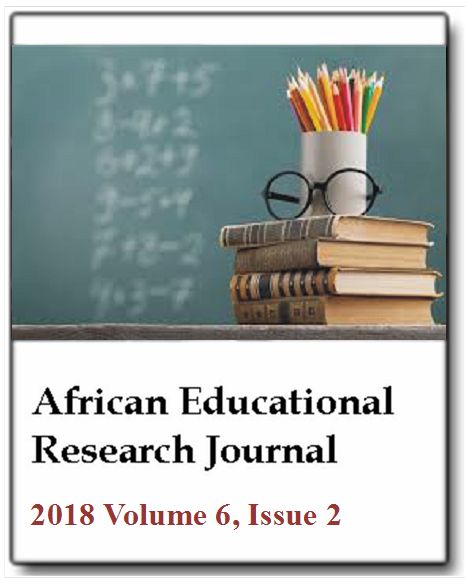Towards a holistic and relevant educational assessment in primary schools in Uganda
John Mary Vianney Mitana, Anthony Mugagga Muwagga and Cornelius SsempalaAfrican Educational Research Journal
Published: May 14 2018
Volume 6, Issue 2
Pages 58-68
DOI: https://doi.org/10.30918/AERJ.62.18.018
Abstract
This paper sets out to explore the knowledge and skills assessed at Uganda’s primary school level and its relevance to the current and future needs of the learners. Using a descriptive case study design, the paper draws on documentary and empirical evidence from key players in educational assessment in Uganda. The paper reveals that the current educational assessment in Ugandan primary schools is mainly in the form of the traditional pen and paper tests, measuring rote learning of few bits of intelligence at the expense of high order thinking skills. This was found unfair to pupils who possess high levels of intelligence that are not tested by the currently used assessment measures. Some pupils may be unfairly judged as weak or even “failures” when in reality they are very strong in certain intelligences which are not tested. This paper proposes the use of multiple assessments such as observations, group projects, journal reports, peer rating and teacher rating to measure learners’ multiple intelligences. Pupil-friendly assessment tools and processes which clearly differentiate among learner differences, skills and experiences should be used. The study further recommends the assessment of non-cognitive skills and intelligence such as socio-emotional skills at both school and national levels. This will encourage teachers to intentionally include them in their daily pedagogical work including school-based continuous assessments. It will also make assessment more holistic and that pupils are assessed on the skills required to face life within and outside the school.
Keywords: Educational assessment, multiple intelligence, soft skills, assessment in Uganda.
Full Text PDFThis article is published under the terms of the Creative Commons Attribution License 4.0

